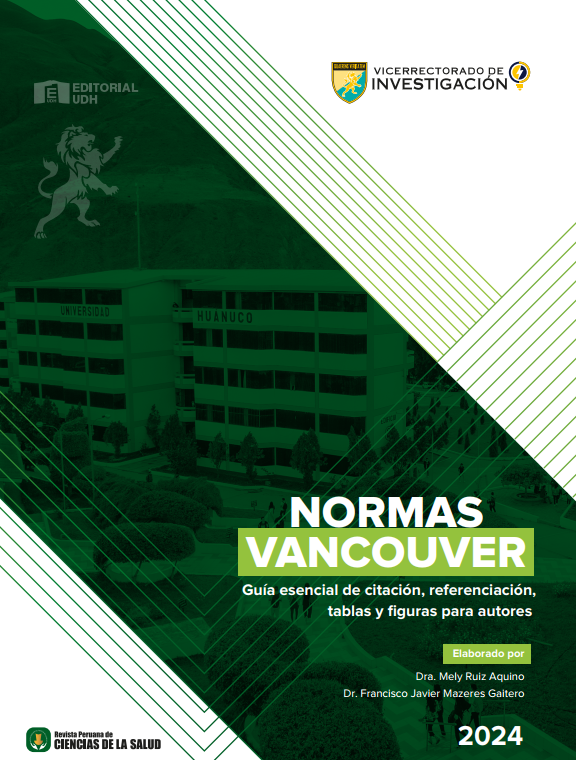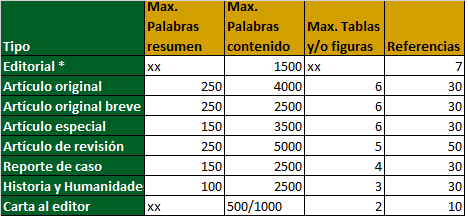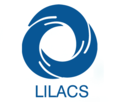Effectiveness of rehabilitation approaches according to loss of earning capacity in Santiago de Cali, Colombia
DOI:
https://doi.org/10.37711/rpcs.2020.2.2.122Keywords:
patient ischarge, return to work, records, physical examination medicine, namesAbstract
Objective. To determine the most effective rehabilitation approach for returning to work according to the percentage of loss of earning capacity. Methods. It used a secondary information source (insurance company database named Positiva) and univariate, bivariate and Kaplan-Meier analyzes were applied to the 75 records that met the inclusion criteria. Results. They showed that there are no statistically significant differences between the time elapsed between "the occurrence of the event and the start of rehabilitation"; nor in between "the beginning of rehabilitation and the end of rehabilitation"; nor between “the end of rehabilitation and the discharge for return to work” in the physical, occupational and comprehensive approaches. Conclusion.This research suggests eliminating administrative delays and to legislate that the work of rehabilitators be carried out jointly with those in charge of intervening or adapting a job position.
Downloads
Downloads
Published
How to Cite
Issue
Section
License
Copyright (c) 2020 Revista Peruana de Ciencias de la Salud

This work is licensed under a Creative Commons Attribution 4.0 International License.
























